
Read or listen offline
Amazon Kindle
автоматическое преобразование текста в аудио
1×
Войдите, чтобы прослушать аудиоверсию краткого изложения.
автоматическое преобразование текста в аудио
Recommendation
Public company executives obey a fundamental rule in business: Compete to gain market share, grow profits and increase shareholder returns. Professors Matthew Backus, Christopher Conlon and Michael Sinkinson examine this principle in the context of the “common ownership hypothesis,” which posits a disincentive to compete and inverts traditional thinking about profit maximization. Investors and business leaders can explore a fascinating dynamic – with enormous consequences for consumers and market participants – in this powerful report.
Summary
About the Authors
Matthew Backus, Christopher Conlon and Michael Sinkinson are assistant professors of economics at Columbia, New York University and Yale, respectively.







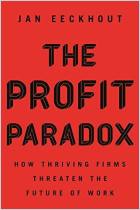
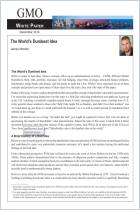
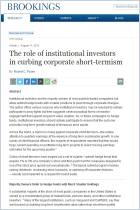
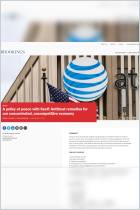
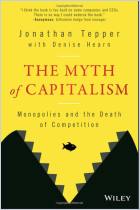
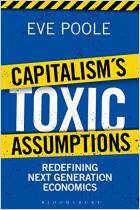





Comment on this summary or Начать обсуждение